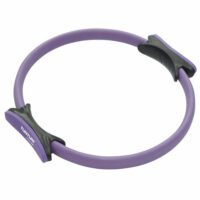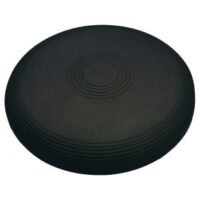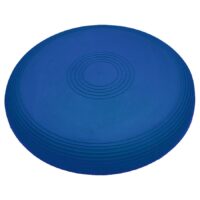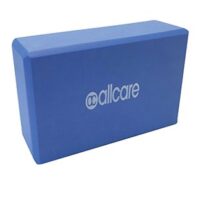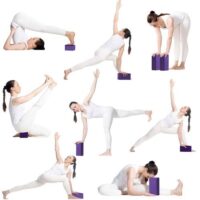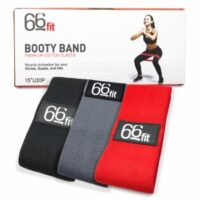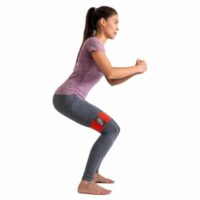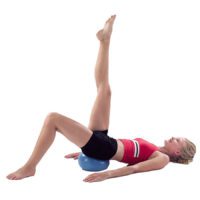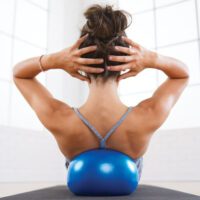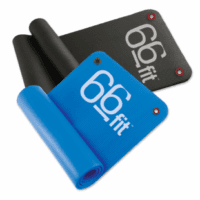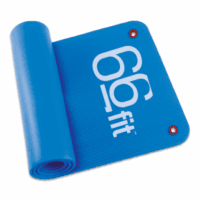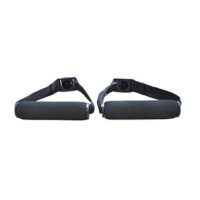Yoga

What is Yoga?
The exact origin of yoga is not known. However, evidence suggests it emerged in Northern India around 2500 years ago. The word “yoga” originates from the Sanskrit word “Yuj”, which means “to join” or “to yoke”. Yoga is not a religion – it is a practice that unites spiritual, mental and physical awareness, and in its fullest expression, is a way to live one’s life.
Hatha yoga, or the “yoga of postures”, is the most common form of yoga practised in Western countries, and an integrated practice incorporates asana (postures), pranayama (breathwork) and meditation/relaxation. Essentially yoga promotes wellbeing for both body AND mind, enabling you to live a more balanced lifestyle.

How Does Yoga Help You?
Yoga has many benefits. The most notable include:
- improved flexibility
- better sleep
- improved core stability
- enhanced stress management
- improved overall body strength
- better circulation
- improved postural alignment
- improved digestion
- improved balance
- enhanced body awareness
- greater mental clarity
1. Bussing, A. et al. 2012. Effects of Yoga on Mental and Physical Health: A Short Summary of Reviews. Evidence-Based Alternative Complementary Medicines. 13 (9), 2-10.
2. Ross, A., Thomas, S. 2010. The Health Benefits of Yoga and Exercise: a review of comparison studies. Journal of Alternative Complementary Medicine. 16(1), 3-12.
Can You Practise Yoga if You Aren’t Flexible?
Absolutely! Being flexible is not necessary to receive the benefits of yoga, and one of the beautiful benefits of regularly practising yoga is that your flexibility, slowly but surely, will improve.
At first you may need to take the base level poses, perhaps using props to assist with getting into ‘your’ pose – your instructor is there to help and guide you in finding the best way to begin your practice. Yoga is an excellent complimentary practice if you are a runner, cyclist, or regularly participate in other sports or physical training.
How Do You Know if Yoga is Suitable for You?
Yoga is great for nearly everyone, regardless of age, gender, shape, size and experience. Postures can be modified to suit different levels of experience and to accommodate (and not aggravate) other physical capabilities, injuries and health conditions. If you are unsure about your general health and whether it will cope with yoga, please consult your GP or other healthcare professionals in the first instance and contact your instructor to discuss your situation before attending a class.
What Should You Wear to Yoga Class?
You don’t need any special (or expensive) clothes to practise yoga. Choose clothing that you can move and stretch in, and which offers a level of modesty that you are comfortable with. Yoga is practised barefoot.
Give Yoga a Try – It’ll Change Your Life!
We look forward to meeting you and helping you discover and experience the many physical and psychological benefits that come with a regular yoga practice.
Related Articles
- Preventing Sports Injuries in Pilates, Yoga, Dance, Ballet: Readers will find insights into common injuries from yoga and how to prevent them, emphasising the value of understanding body mechanics.
- Balance and Falls Prevention – Enhance Stability: This article discusses the importance of balance, a key benefit of yoga, and offers advice on improving stability through physiotherapy and exercises.
- Deep Core Muscles: Your Foundation for Spinal Health: Highlights the importance of core strength for spinal health, a benefit yoga practices can contribute to significantly.
- Back Pain Physiotherapy: Your Guide to What to Expect: Since yoga can improve back health, this article on back pain physiotherapy could be beneficial for readers interested in how physiotherapy and yoga can complement each other.
- Core Exercises: This article is relevant for those looking to strengthen their core, a key aspect of many yoga practices, with guidance on exercises that support core stability.


